ISLAMABAD, Nov 4: The representative of South Asian Association for Regional Cooperation (Saarc) secretary general, Hasan Shifau, on Tuesday said the regional countries should work together to shape up the future of social development in the region by following the agenda of Saarc social charter.
Speaking at the inaugural session of a two-day meeting of the heads of national coordination committees to monitor the implementation of Saarc social charter, he said that realization of objective of social charter was crucial to enable Saarc to meet the hopes and aspirations of common people, bring Saarc to the people and visibly improve the quality of their lives.
Participants from Afghanistan, Bangladesh, India, Maldives, Nepal, Pakistan, and Sri Lanka are attending the meeting.
Shifau said Saarc Gender Database had been launched this year which provides regional intelligence to design informed interventions, initiatives, projects, collaborations, and research work.
He said that national plans for poverty alleviation were under preparation. “Launching of the Saarc Development Fund (SDF) and especially through the Social Window is a glowing example of the commitment of the Saarc processes in Social Development,” he added.
He said that an agreement on Saarc Food Bank, signed by all Member States at the 15th Summit and the Colombo Statement on Food Security marked the milestone achievement towards reaching regional self-reliance in Food Security and at the same time contouring the future of regional cooperation in this area.
Secretary Planning and Development Division, Suhail Safdar in his inaugural address, said that the new government in Pakistan had taken bold initiatives to restore macroeconomic stability, overcome energy crisis and reduce poverty and vulnerability. Some targeted porgrammes like: Benazir Income Support Porogramme (BISP), Benazir Tractor Scheme, Benazir Zarai Card, Housing for all, wheat subsidy, and revamping of Zakat and Baitul Maal were highlighted by him.
He said that world was integrating fast, regions are organizing into collective grouping. “Regions which integrate better within also do better with the rest of the world”, he added.
Secretary Planning expressed the hope that the deliberations of these NCCs meetings would enhance their collective efforts to reduce sufferings of millions of people living in absolute poverty in the region. He said that the specific set of recommendations would guide them to collectively deal with issues confronting our region.
Additional Secretary, Ministry of Foreign Affairs Eizaz Ahmad Chaudhry in his address of welcome pointed out that the meeting was timely. He observed that dramatic increase in oil and food prices combined with global financial crisis ignited inflation and eroded Saarc countries’ capability to maintain respectable economic growth and reduce poverty and vulnerability of the millions of marginalised segments.
The delegates attending the meeting reported the progress and current status on the implementation of social charter.
Their presentations indicate a fairly elaborate network of direct and indirect social protection mechanism to reduce poverty and vulnerability through targeted efforts. They said that each member country should learn from the best practices of the Member courtiers.
Meanwhile, a network of civil society organisations of Saarc has called for making the regional food bank operational and devising concrete plan of action for sustainable agriculture growth to ensure food security of more than 500 million hardcore poor in the region.
Through a joint call, released simultaneously across the region on the eve of the Saarc Agriculture Ministers conference in New Delhi, the network of a large number of civil society organisations working in a network under the banner of “Imagine a New South Asia” (INSA) on Tuesday warned that the number of hungry people in the region would go up to 588 million by 2009, if concrete actions were not taken to address the food security issue at the meeting.
Actionaid provides strategic support to INSA, an alliance of civil society organizations in South Asia.
“The ministers should come up with institutional arrangements to address the estimated food demands of the people and rationalise storage capacity of the member states. The terms and conditions to withdraw from the food bank and to meet the replenishment requirements of the bank should not be tough and should be handled keeping in view the national capacity of the member states,” said Dr Qazi Kholiquzzam Ahmad, chairperson INSA Steering Committee and President of Bangladesh Economic Association.
The Civil Society in South Asia called upon the ministers to promote intra-regional trade in farm products by de-listing some of the farm products from the negative list under the agreement on South Asian Free Trade Area in a phase-wise manner or on a trial basis, and remove para-tariff and non-tariff barriers to agriculture trade.
This is also essential to strengthen the procurement mechanism required for the effective operationalization of the Saarc Food Bank.

















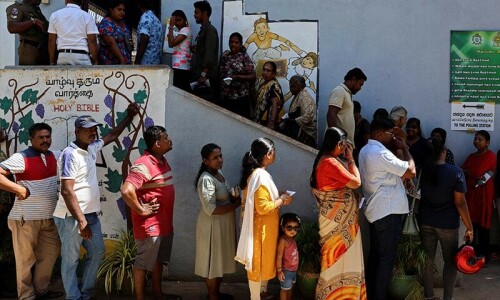



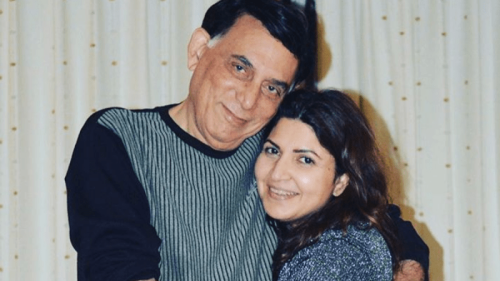
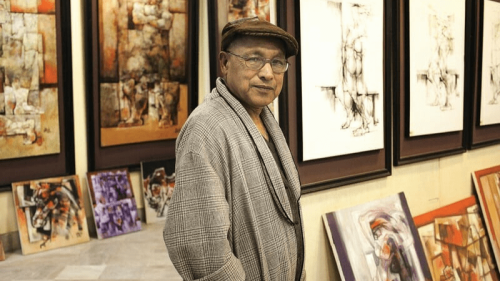










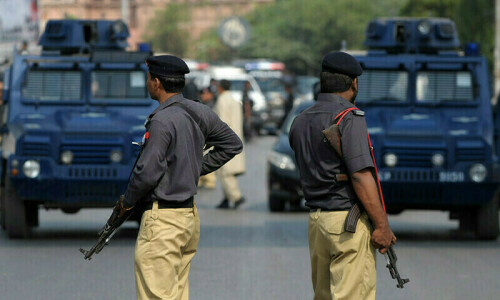









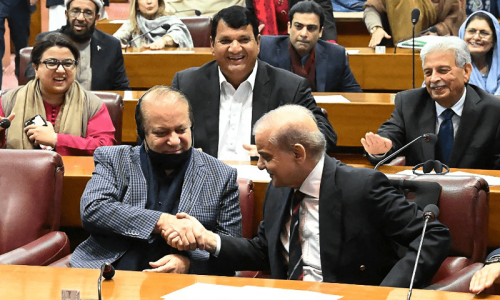
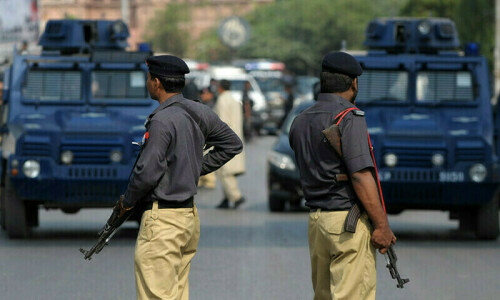


Dear visitor, the comments section is undergoing an overhaul and will return soon.